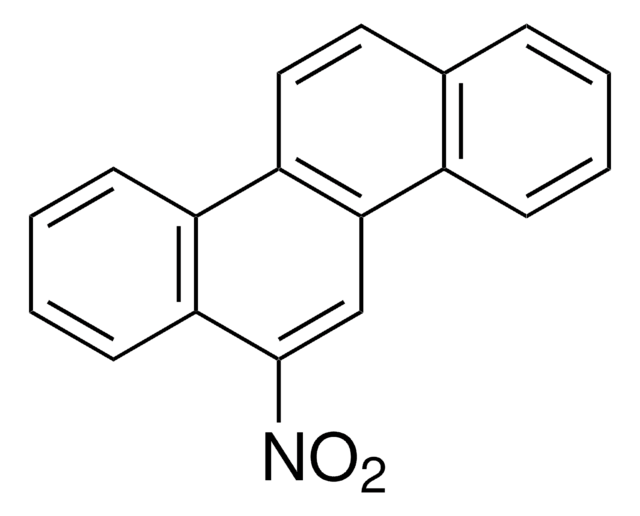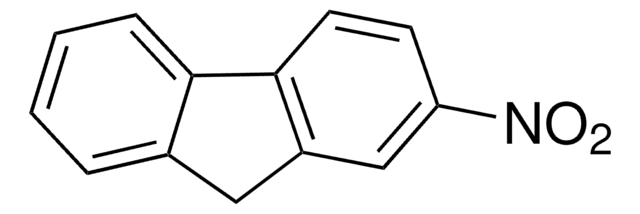BCR310
3-Nitrofluoranthene
BCR®, certified reference material
About This Item
Recommended Products
grade
certified reference material
Agency
BCR®
manufacturer/tradename
JRC
technique(s)
HPLC: suitable
gas chromatography (GC): suitable
mp
157-159 °C (lit.)
format
neat
storage temp.
2-8°C
SMILES string
[O-][N+](=O)c1ccc2-c3ccccc3-c4cccc1c24
InChI
1S/C16H9NO2/c18-17(19)15-9-8-13-11-5-2-1-4-10(11)12-6-3-7-14(15)16(12)13/h1-9H
InChI key
PIHGQKMEAMSUNA-UHFFFAOYSA-N
Looking for similar products? Visit Product Comparison Guide
General description
Analysis Note
BCR310
Legal Information
Storage Class Code
11 - Combustible Solids
WGK
WGK 3
Flash Point(F)
Not applicable
Flash Point(C)
Not applicable
Personal Protective Equipment
Regulatory Listings
Regulatory Listings are mainly provided for chemical products. Only limited information can be provided here for non-chemical products. No entry means none of the components are listed. It is the user’s obligation to ensure the safe and legal use of the product.
JAN Code
BCR310-BULK:
BCR310-10MG:
BCR310-VAR:
Choose from one of the most recent versions:
Certificates of Analysis (COA)
Sorry, we don't have COAs for this product available online at this time.
If you need assistance, please contact Customer Support.
Already Own This Product?
Find documentation for the products that you have recently purchased in the Document Library.
Our team of scientists has experience in all areas of research including Life Science, Material Science, Chemical Synthesis, Chromatography, Analytical and many others.
Contact Technical Service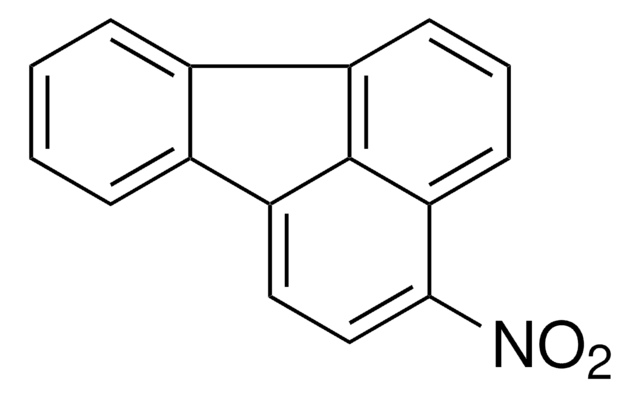
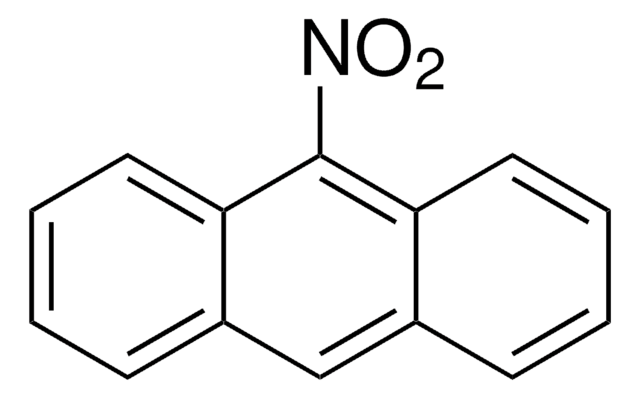
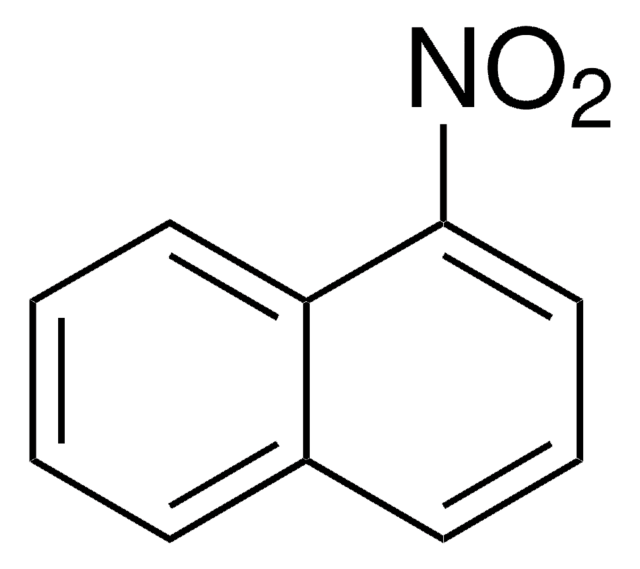
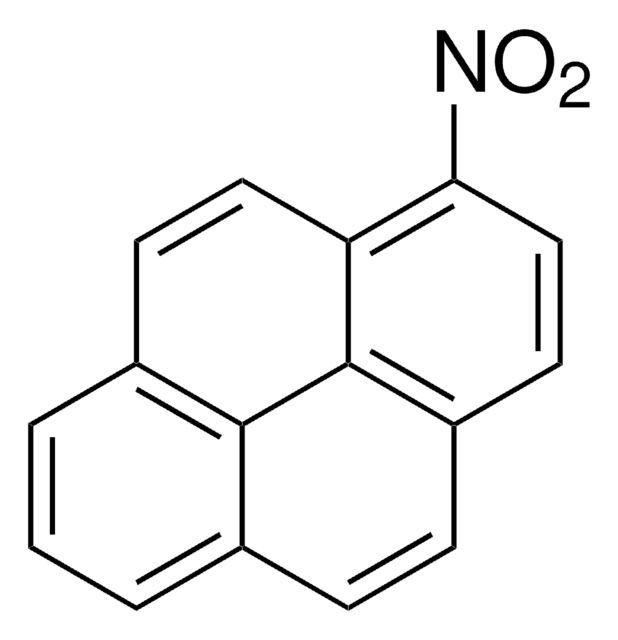
![6-Nitrobenzo[a]pyrene BCR®, certified reference material](/deepweb/assets/sigmaaldrich/product/structures/171/174/0d276831-8604-4a0e-96f0-36fe2fd87f0a/640/0d276831-8604-4a0e-96f0-36fe2fd87f0a.png)
